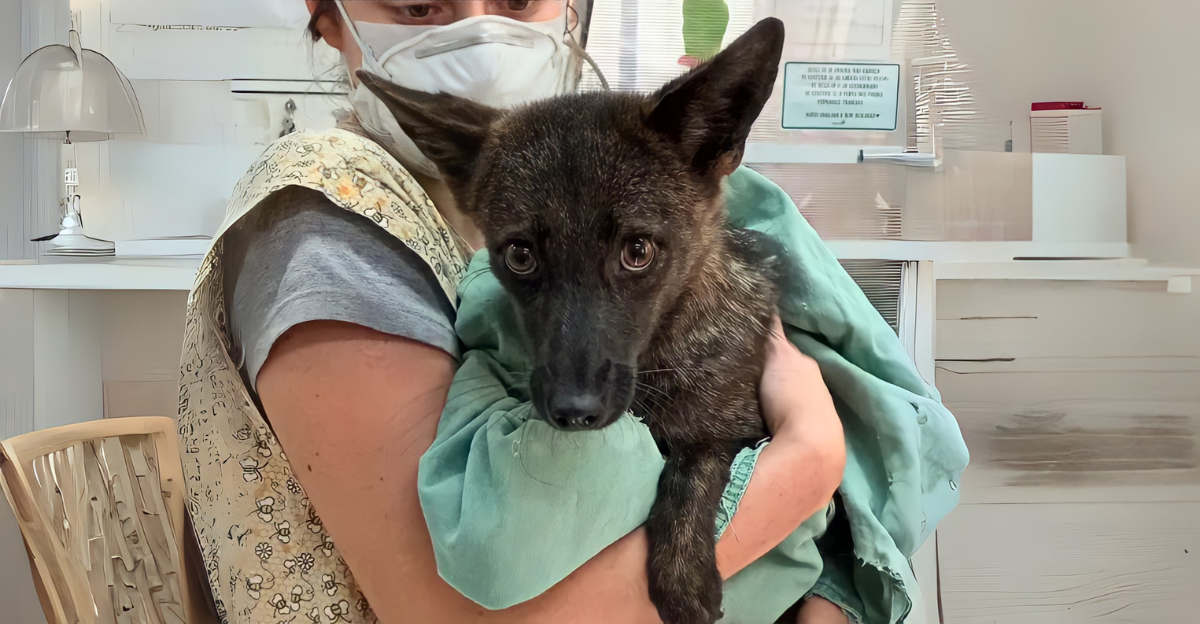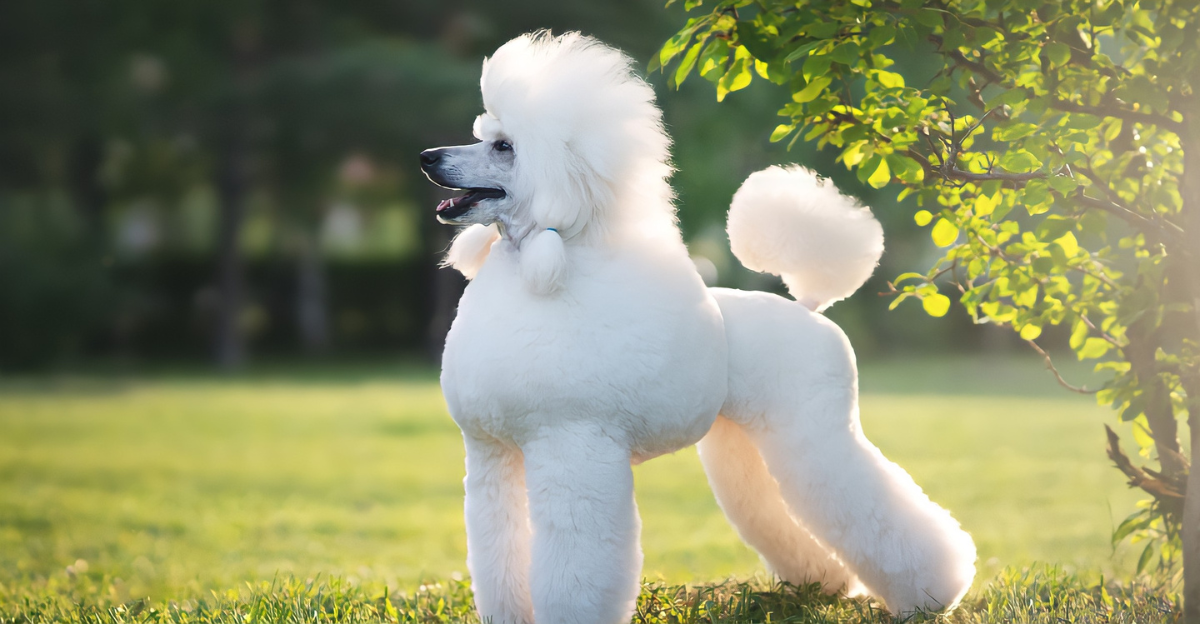
Hybrid dogs, also known as designer or crossbreed dogs, are becoming increasingly popular for combining the best qualities of two purebred breeds. These pups often have appealing looks, friendly personalities, and sometimes better health compared to purebreds. While purebred dogs have long been favorites, hybrids are now sparking a new trend among pet lovers seeking specific and unique companions. But are these mixed breeds really healthier and smarter? Let’s dive into the facts, benefits, and important considerations behind this rising canine craze that’s capturing hearts everywhere.
What Are Hybrid Dogs?

Hybrid dogs that are intentionally bred offspring of two different purebred parents, designed to combine desirable traits from each breed. Popular hybrids often include a Poodle parent, such as Labradoodles or Cockapoos, because Poodles bring intelligence and hypoallergenic coats. These crosses aim to blend the best qualities of both breeds, like temperament, appearance, and sometimes also the health advantages. Unlike random mixed breeds, hybrids are intentional crosses with specific goals in mind, making them more predictable in traits. This intentional breeding has helped hybrids gain a reputation for being lovable and often more adaptable pets.
Health Benefits: The Myth of Hybrid Vigor

Many believe hybrid dogs enjoy “hybrid vigor,” meaning they are considered healthier than purebreds due to their genetic diversity. This idea suggests mixing two breeds dilutes harmful recessive genes linked to hereditary diseases. Indeed, mixed breeds generally have a broader gene pool, which can reduce some breed-specific health problems. However, recent research shows the health gap between hybrids and purebreds isn’t always significant. Both can suffer from similar health issues depending on breeding quality and lineage. So, while hybrid vigor is a hopeful concept, it’s not a guaranteed health advantage gain.
Why Poodles Are Popular in Hybrids

Poodles are a favorite parent breed in hybrid dogs because of their unique coat and temperament. Unlike many dogs with fur, Poodles have hair that sheds less, making them more suitable for individual who suffer with allergies. When crossed with breeds like Labradors or Cocker Spaniels, their offspring can inherit this hypoallergenic trait alongside friendly, intelligent personalities. This combination makes hybrids like Labradoodles and Cockapoos favorites for families and service dog roles. Poodles also bring high trainability, which helps hybrids adapt well to diverse lifestyles and owners.
Temperament: A Balanced Blend

Hybrid dogs often inherit a mix of temperamental traits from both parents, resulting in a more balanced personality. Purebreds sometimes have breed-specific behavioral tendencies, but hybrids tend to be less extreme in temperament. This can make them more adaptable and easier trainable for many owners. However, temperament still varies widely depending on external factors such as the individual dog and its upbringing. Prospective owners should research both parent breeds and spend time with the puppy before making their final decision. Understanding the different temperaments helps ensure a happy match between dog and family.
Genetic Diversity and Its Limits

Crossbreeding increases genetic diversity, which can reduce the risk of some inherited diseases common in purebreds bred from limited gene pools. Purebred dogs often face issues like hip dysplasia and heart conditions. Hybrids may initially have fewer breed-specific problems, but genetic vulnerabilities can still appear in later generations. It is important to apply responsible breeding and ensure that health screening remains crucial regardless of breed type. Genetic diversity helps, but it’s not a cure-all. Good breeder practices and health testing are essential to raising healthy dogs.
Health Considerations Beyond Genetics

While hybrids may have certain benefits from genetic diversity, their health also depends on other external factors such as diet, exercise, veterinary care, and environment. Both purebreds and hybrids can develop common canine illnesses unrelated to specific breeds. Some health issues may not show up until dogs reach an older age, so long-term studies are needed to fully understand hybrid health outcomes. Choosing a reputable breeder who tests for hereditary conditions is key. Owners should also commit to regular vet visits and proper care to keep any dog healthy and happy throughout its life.
Shelter Dogs and Mixed Breeds

There are many mixed-breed dogs in shelters who are wonderful companions with diverse genetics that often contribute to good health and temperament. Adopting a shelter dog can save a life and provide a loving pet without supporting commercial breeding. While hybrids are intentionally bred crosses, mixed breeds from shelters offer equally unique and lovable pets, often with fewer health concerns than some purebreds. For families that are open to adoption, shelter dogs provide a great option for finding a healthy, happy companion. Plus, adoption helps reduce pet overpopulation and gives dogs a second chance.
Are Hybrids Smarter?

Intelligence in dogs depends on multiple factors such as breed traits, training, and individual personality. Hybrids with Poodle parentage often inherit high intelligence, making them quick learners and responsive to training. However, intelligence varies widely across all dogs, and no breed or hybrid guarantees a “smarter” pet. Consistent training, socialization, and mental stimulation are essential for any dog to thrive in its environment. Whether purebred or hybrid, a dog’s intelligence shines through with proper care and attention. Owners who invest time in training will enjoy a well-behaved, happy companion.
Choosing the Right Dog for Your Family

When selecting a specific dog, you will need to consider more than just breed or hybrid status. Evaluate its lifestyle, activity level, grooming needs, and temperament to find the perfect match. Both purebreds and hybrids can make fantastic pets if chosen thoughtfully. Research breeders carefully, ask about health testing, and meet the puppy’s parents if possible. Whether you choose a hybrid, purebred, or shelter dog, responsible ownership and love are what truly make a dog healthy and happy. Taking time to find the right fit leads to a lifelong rewarding relationship for you and your pet.
Hybrid dogs are more than just a fashion trend, they represent a thoughtful blending of breeds aimed at creating healthier, friendlier companions. While the health advantages of hybrids are not guaranteed, their unique traits and personalities continue to charm dog lovers worldwide. With proper care and attention, these mixed-breed pups can bring joy and loyalty to families for many years to come. Whether you’re drawn to a hybrid or a purebred, the best dog is one that fits your family’s lifestyle and heart.
Explore more of our trending stories and hit Follow to keep them coming to your feed!

Don’t miss out on more stories like this! Hit the Follow button at the top of this article to stay updated with the latest news. Share your thoughts in the comments—we’d love to hear from you!







